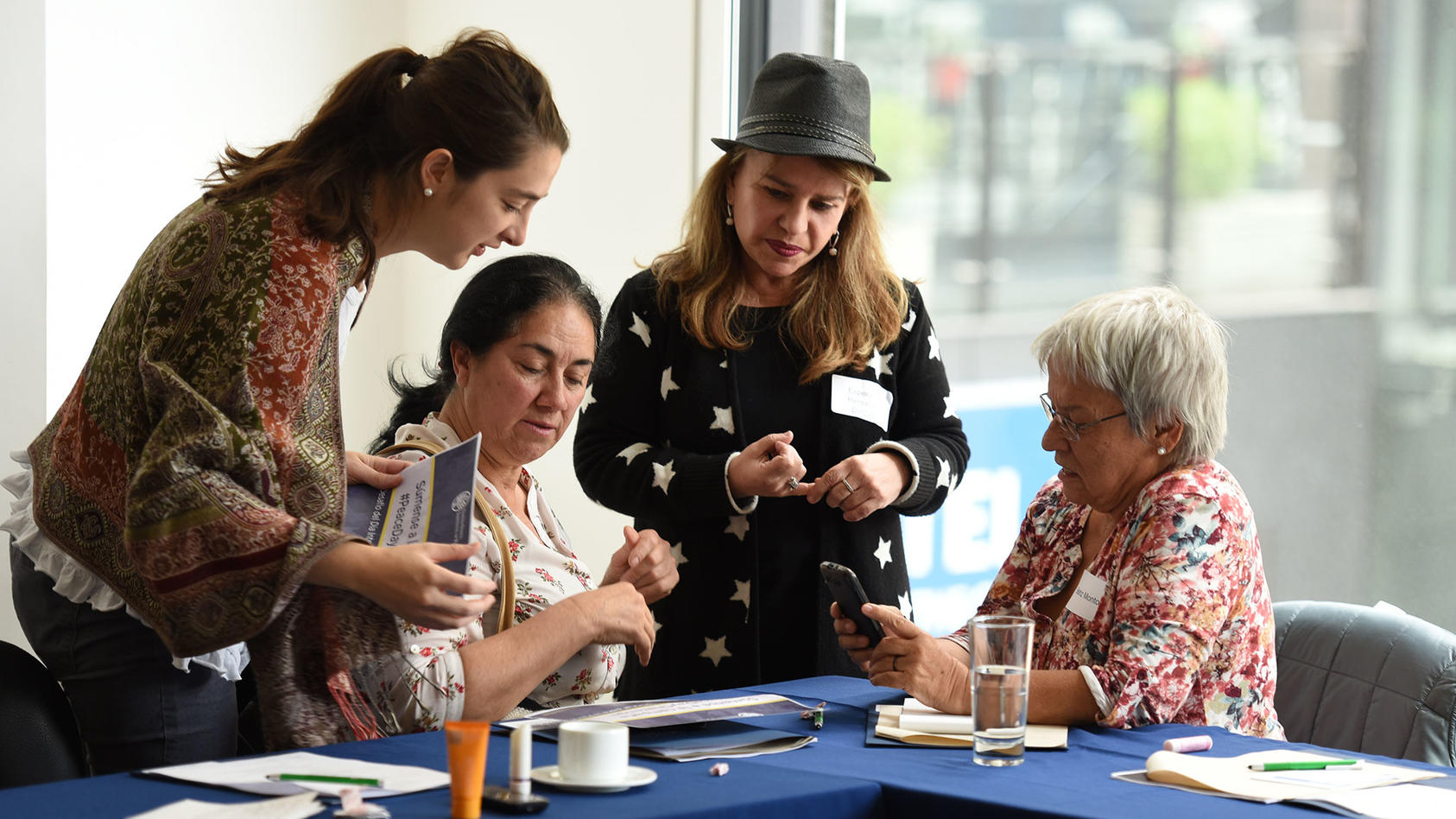Microcurso de mediación para la paz
El objetivo de este microcurso es ayudar a los participantes a comprender la mediación dentro de un contexto de consolidación de la paz. La mediación es una parte vital de la sociedad actual que ha evolucionado junto con la civilización. Desde el lugar de trabajo hasta las comunidades, las familias y las naciones, la mediación ayuda a resolver las diferencias de manera eficaz. Sin embargo, es posible que no funcione de la misma manera en todos los contextos.

En este curso, exploraremos los diversos paradigmas de la mediación y cómo cada uno de ellos percibe el “poder”, la función del mediador y otras preguntas sobre el diseño de la mediación. Por ejemplo, explicaremos a qué nos referimos cuando usamos el término “transformación de conflictos”. También analizaremos los elementos comunes que ayudan a vincular los diferentes enfoques de mediación. Este curso abordará el diseño, el tiempo y la secuencia (en qué orden debe proceder un proceso de mediación) de un proceso de mediación, así como la madurez de un conflicto (cuando las partes pueden estar listas para colaborar entre sí). También es importante comprender los matices del diálogo, la facilitación y la mediación. Al considerar el diseño de la mediación, es importante considerar la manera en que las personas con diferentes perspectivas y realidades pueden encajar en un único proceso de mediación para la paz. Por último, completaremos el curso analizando algunos elementos comunes que unen a todos los diferentes enfoques de mediación y la forma en que los terceros abordan la mediación.
Objetivos del curso
Al finalizar este curso, podrá realizar lo siguiente:
- diferenciar la mediación de otros enfoques de terceros;
- analizar un conflicto desde la perspectiva de la m ediación;
- diseñar un proceso de mediación;
- debatir el potencial transformador de la mediación;
- describir la forma en que el apoyo a la mediación refuerza el proceso de mediación.


